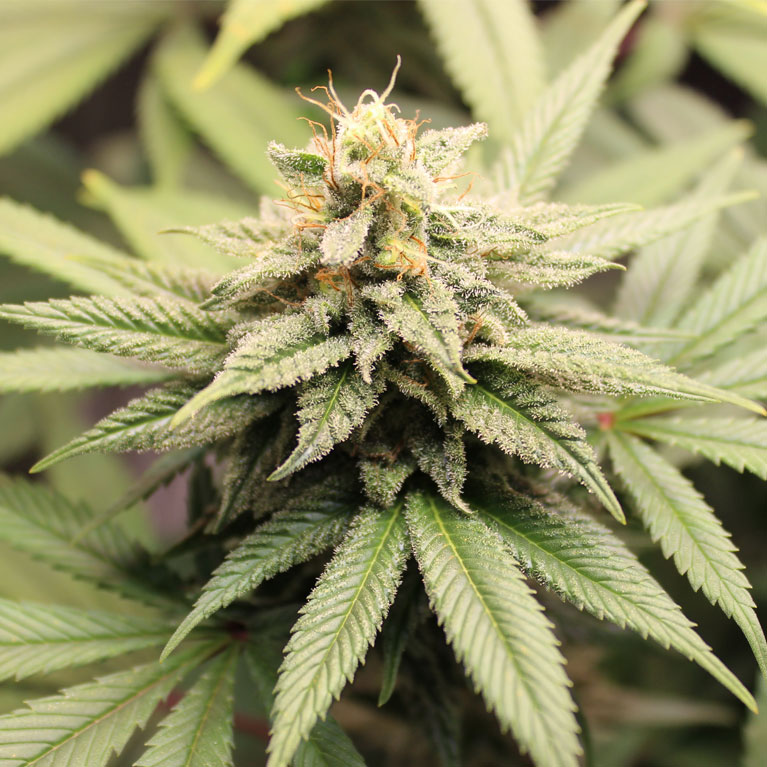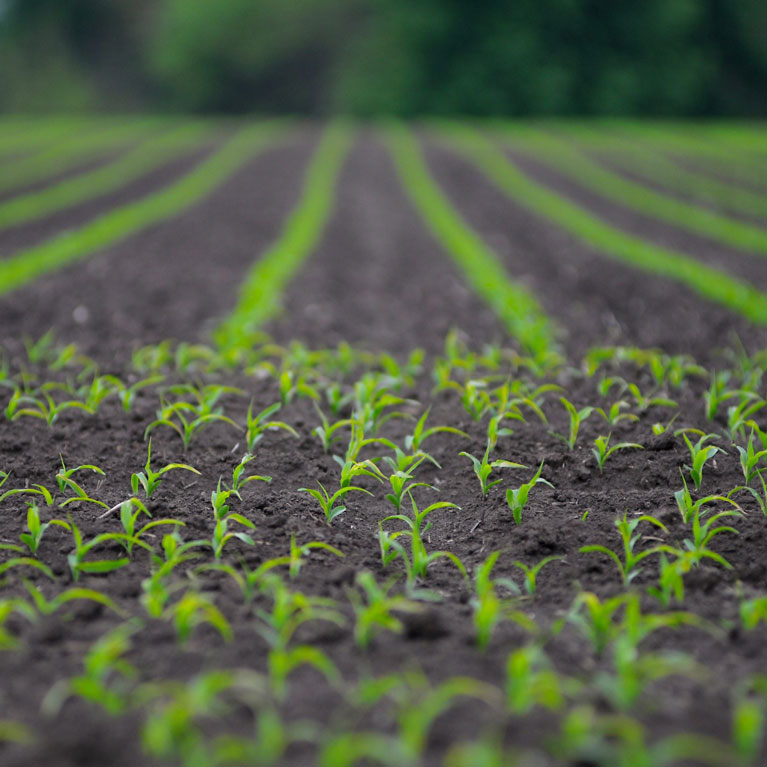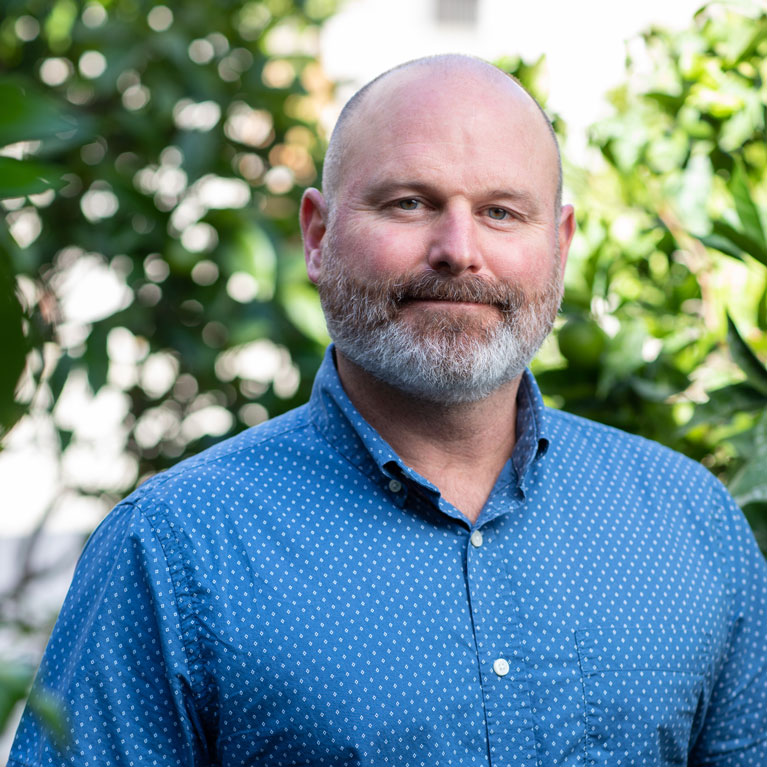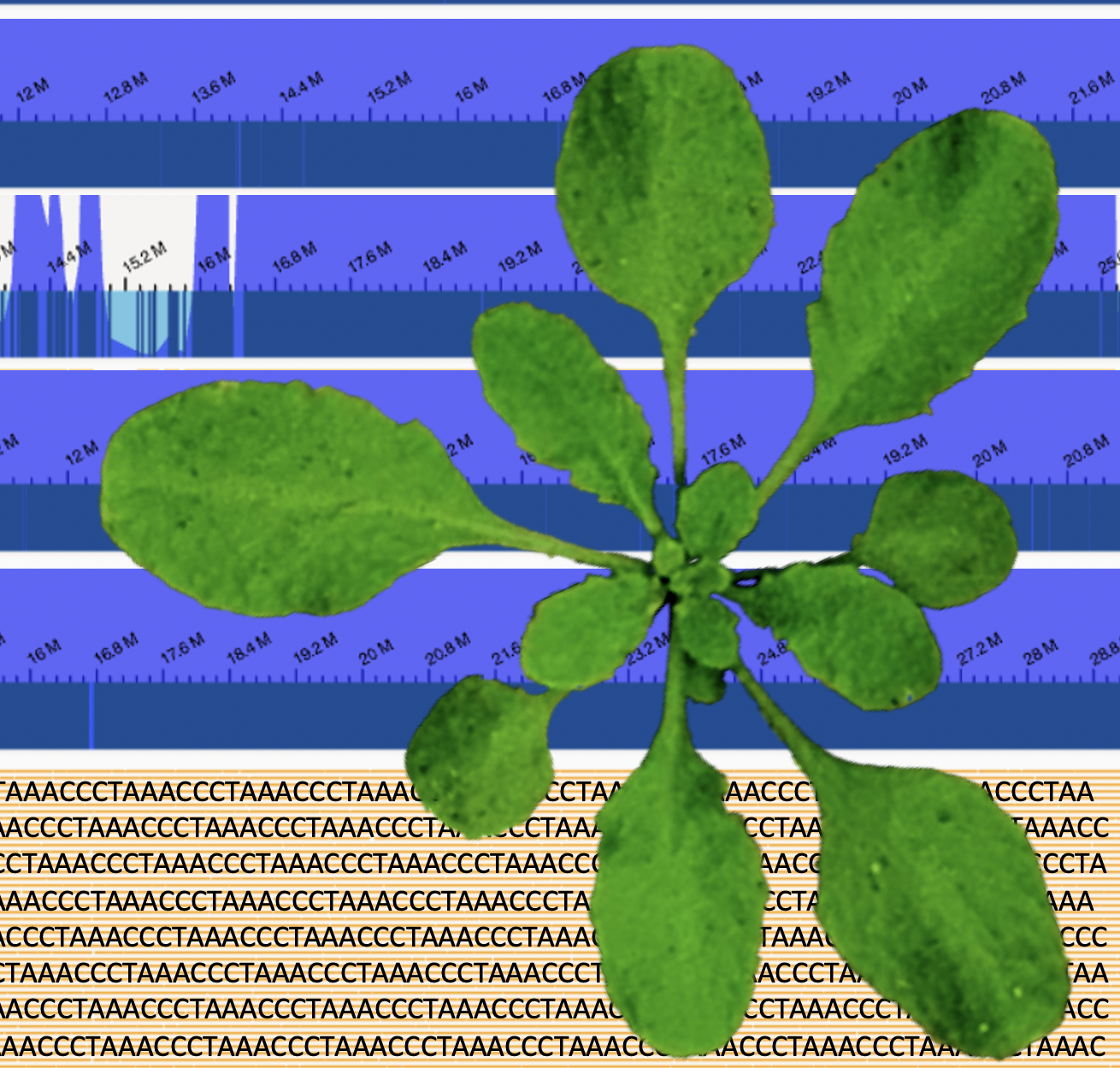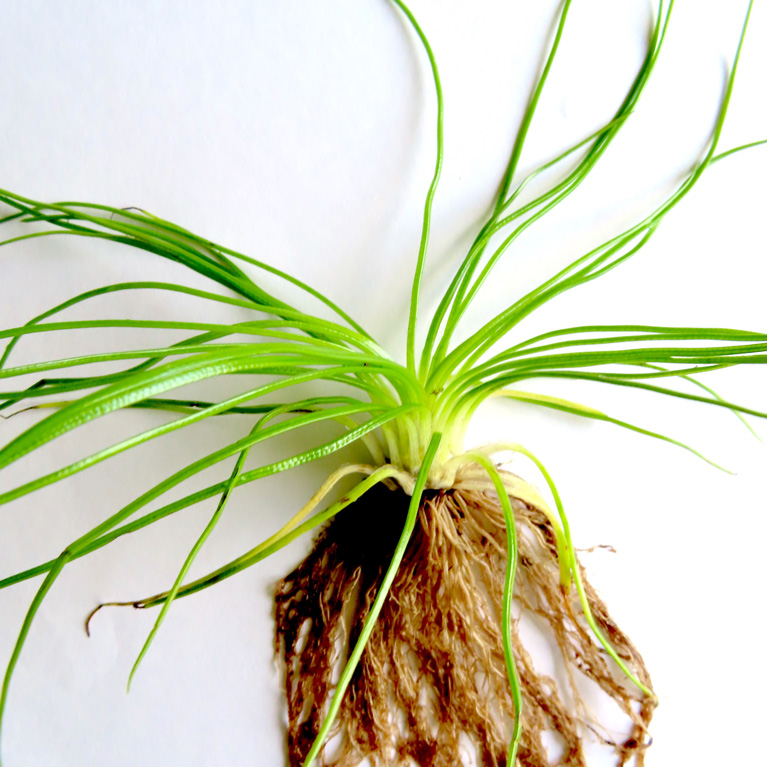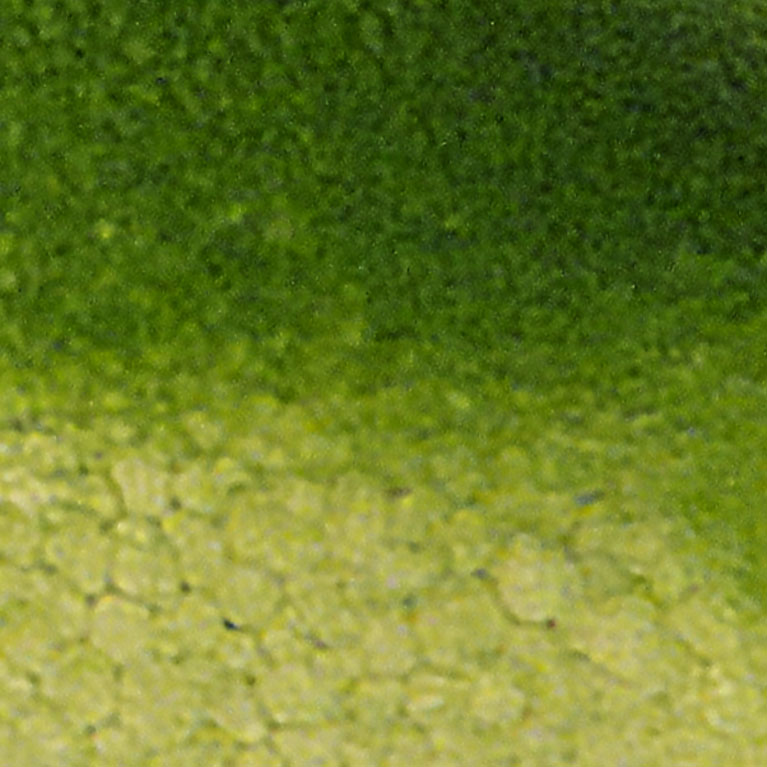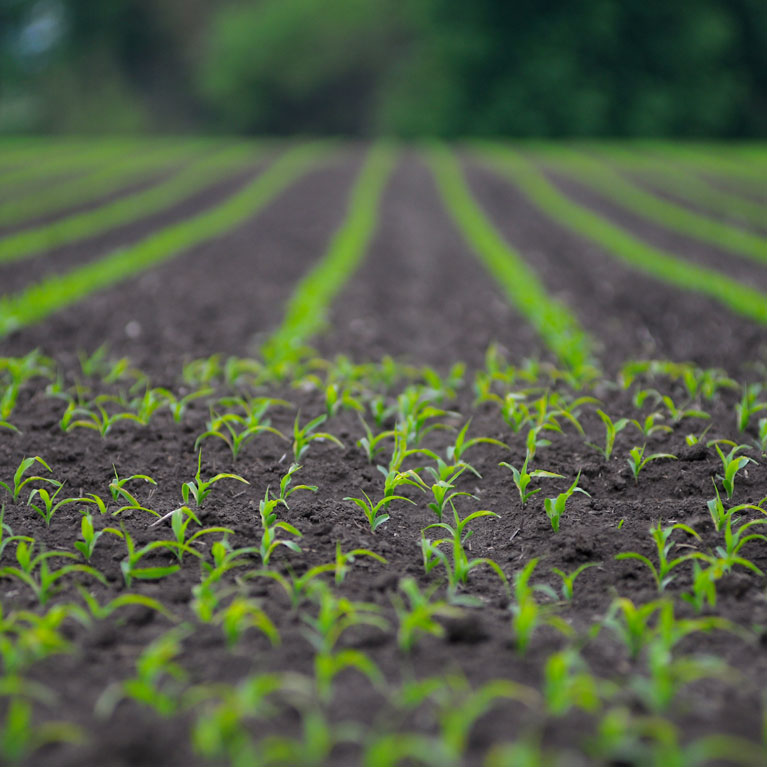Press
Cannabis pangenome reveals potential for medicinal and industrial use
LA JOLLA—Cannabis has been a globally important crop for millennia. While best known today as marijuana for its psychoactive cannabinoid THC (tetrahydrocannabinol), historically, cannabis has been a cornerstone of human civilization, providing seed oil, textiles, and food for more than 10,000 years. Today, cannabis remains an understudied and underutilized resource, but United States legislation passed in 2014 and 2018 have re-energized cannabis crop development for medicinal, grain, and fiber applications.
Salk Institute receives $50 million from Hess Corporation to mitigate climate change through plant science
LA JOLLA—Hess Corporation is donating $50 million to the Salk Institute’s Campaign for Discovery: The Power of Science, a seven-year, $750 million comprehensive fundraising campaign to attract the people and build the technology and space necessary to accelerate critical research. This gift will specifically advance Salk’s Harnessing Plants Initiative—an effort to mitigate climate change by optimizing plants and supporting wetlands to increase capture of excess atmospheric carbon—and provide vital infrastructure for this work by establishing the new Hess Center for Plant Science.
Salk Research Professor Todd Michael receives $2 million to build a genome repository for the cassava plant
LA JOLLA–Research Professor Todd Michael will receive nearly $2 million from the Bill & Melinda Gates Foundation to sequence the genomes of multiple lineages of the cassava plant, a large starchy root vegetable also known as yuca root consumed in more than 80 countries around the world. A better understanding of cassava genetics will help researchers and plant breeders develop more productive disease- and drought-resistant plants for the future.
Study shines a light into “black holes” in the Arabidopsis genome
LA JOLLA—Salk scientists, collaborating with researchers from the University of Cambridge and Johns Hopkins University, have sequenced the genome of the world’s most widely used model plant species, Arabidopsis thaliana, at a level of detail never previously achieved. The study, published in Science on November 12, 2021, reveals the secrets of Arabidopsis chromosome regions called centromeres. The findings shed light on centromere evolution and provides insights into the genomic equivalent of black holes.
Secrets of quillwort photosynthesis could boost crop efficiency
LA JOLLA—The humble quillworts are an ancient group of about 250 small, aquatic plants that have largely been ignored by modern botanists. Now, Salk scientists, along with researchers from the Boyce Thompson Institute, have sequenced the first quillwort genome and uncovered some secrets of the plant’s unique method of photosynthesis—secrets that could eventually lead to the engineering of crops with more efficient water use and carbon capture to address climate change. The findings were published in Nature Communications on November 3, 2021.
Salk plant researchers launch collaboration to breed carbon-capturing sorghum
LA JOLLA—Researchers at the Salk Institute’s Harnessing Plants Initiative (HPI) have established a five-year, $6.2 million collaboration with Nadia Shakoor, principal investigator and senior research scientist and her team at the Donald Danforth Plant Science Center to identify and develop sorghum plants that can better capture and store atmospheric carbon.
Research catches up to world’s fastest-growing plant
LA JOLLA—Wolffia, also known as duckweed, is the fastest-growing plant known, but the genetics underlying this strange little plant’s success have long been a mystery to scientists. Now, thanks to advances in genome sequencing, researchers are learning what makes this plant unique—and, in the process, discovering some fundamental principles of plant biology and growth.
Salk Institute and Sempra Energy announce project to advance plant-based carbon capture and storage research
SAN DIEGO and LA JOLLA—The Salk Institute and Sempra Energy (NYSE: SRE) today announced a new project to advance plant-based carbon capture and sequestration research, education and implementation to help address the climate crisis. Sempra Energy is donating $2 million to the Salk Institute to help fund the five-year project.
Plant geneticist Todd Michael joins Salk Institute
LA JOLLA—Todd Michael will return to Salk as a research professor in the Plant Molecular and Cellular Biology Laboratory, where he will oversee his own research group as well as provide key expertise in genomics to the Harnessing Plants Initiative (HPI). Michael completed his postdoctoral research at Salk in 2007 under the direction of Professor Joanne Chory, director of Salk’s Plant Molecular and Cellular Biology Laboratory and executive director of the Initiative. The non-tenured research professor track was created by Salk in 2018 to attract and retain top talent to the faculty.
